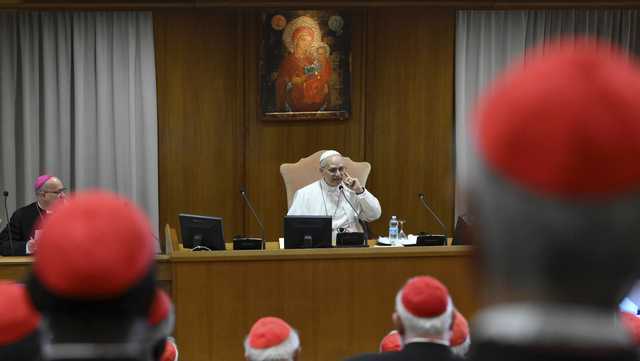
In his first formal audience since assuming the papacy, Pope Leo laid out a clear continuation of the progressive agenda pursued by his predecessor, Pope Francis. Speaking from Vatican City on Saturday, the new pontiff pledged to uphold the modernizing reforms that have come to define the Francis era, reaffirming the Catholic Church’s commitment to becoming more inclusive and compassionate.
Pope Leo emphasized the importance of building a church that is welcoming to all, particularly the marginalized, the poor, and those traditionally excluded from religious and social institutions. In his address, he called for a Catholic Church that is “attentive to the faithful” and one that acts as “a home for the least and rejected.”
This message aligns closely with the initiatives undertaken by Pope Francis during his tenure, which included outreach to LGBTQ individuals, a renewed focus on environmental stewardship, and a broader interpretation of pastoral care that welcomes diversity in practice and belief. Pope Leo’s statements suggest a strong endorsement of this transformative vision and a desire to carry it forward.
Although specific policy directions and changes have yet to be announced, the tone of Pope Leo’s first remarks indicates an emphasis on continuity rather than change, with a renewed commitment to reforms that reflect the challenges and aspirations of a global, modern Catholic community.
Observers and faithful alike will be watching closely in the coming months to see how Pope Leo implements this vision in practice, particularly in areas where traditional doctrines intersect with contemporary social issues. So far, his initial address has been met with cautious optimism from reform-minded Catholics and institutions advocating for a more open and inclusive Church.
As the world awaits further developments, Pope Leo’s message offers a reaffirmation of a compassionate, reform-driven ethos that seeks to bridge tradition with the evolving needs of the faithful in the 21st century.
Source: https:// – Courtesy of the original publisher.








